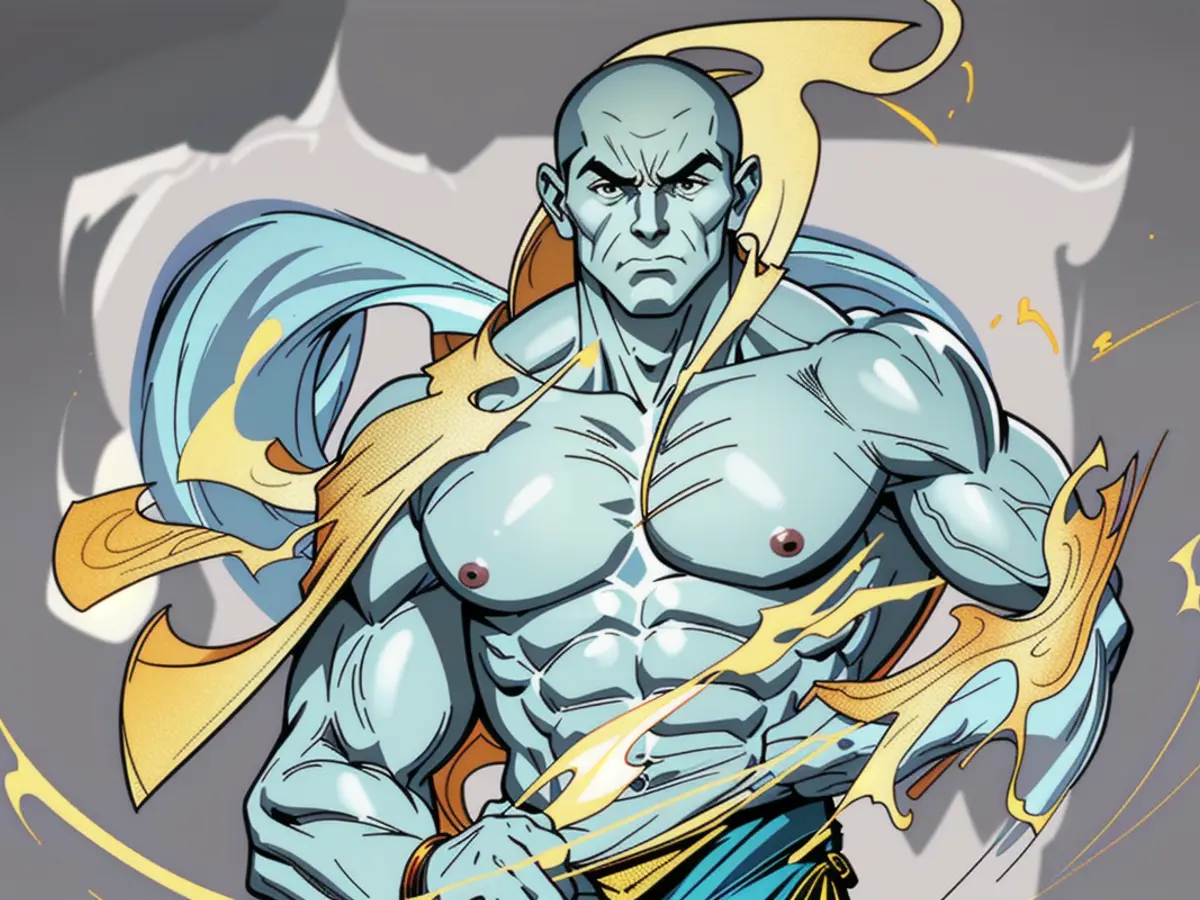Considering Feelings of Loneliness During Holidays, Might ChatGPT Be Your Companion?
The holiday season's cheer is in the air with December's twinkling lights, a time of joy and unity for many. But for some, the festive season is tainted by feelings of isolation. Coincidentally, OpenAI has rolled out a new feature just a week before Christmas – a new contact number for calls and messages. In light of tech companies offering an increasing array of virtual companionships, ChatGPT has joined the bandwagon.
The digital world has long recognized the overwhelming sense of loneliness in individuals. Various virtual solutions, often referred to as AI companions, have been crafted to address this issue. These AI-driven connections vary in format, each with a unique focus. Replika, for instance, is a popular AI chatbot that promises an empathetic friend, boasting over 10 million subscribers, each creating their personalized companion. Character.ai is an app that allows users to converse with fictional characters, either self-built or created by others. The concept isn't new, having been present in video games like The Sims and Second Life, or in the various Japanese versions of a digital companion.
Advanced AI capabilities and Large Language Models have enabled these virtual companions to mimic human interactions much more authentically and personally. With no biases or personal needs, AI companions serve as reflections of individuals, providing an alternative to human relationships – substituting for connections with actual people with relationships based on projected selves, trained on opaque content and value systems. However, despite these advancements, AI companions have yet to alleviate loneliness. Critics argue that these chatbots hinder our ability to truly empathize with others, and have been linked to instances of violence, particularly in vulnerable young individuals.
An isolation epidemic
A study published in JAMA revealed that one-third of American adults aged 50 to 80 reported feeling a void of companionship in 2024. The research, compiled over six years from the University of Michigan's National Poll, showed a return to pre-pandemic levels when feelings of loneliness and isolation surged during COVID-19. Loneliness was more prevalent among individuals who perceived their physical or mental health as subpar.
This concerning figure is consistent with previous studies examining loneliness, creating a U-shaped curve peaking in young adulthood, dipping in midlife, and resurfacing in older age. Northwestern researchers demonstrated that this pattern is a global phenomenon.
Loneliness rates have reached such heights that the US Surgeon General, Dr. Vivek Murthy, coined the term 'an epidemic of loneliness and isolation', addressing the public health concern in an advisory report. Not only has loneliness been associated with mental health issues, but physical health as well. It increases the risk of heart disease by 29% and stroke by 32%, and raises the risk of premature death by 60%. The report, synthesizing multiple studies, also revealed that lack of social connections poses a similar threat to health as smoking 15 cigarettes a day. This impact on physical health extends to cognitive health as well, with a significant link between loneliness and dementia, even when other contributing factors are considered.
Addressing the isolation epidemic involves more than just technological advancements. The decline of real-life social networks and interactions is alarming. Studies spanning almost two decades have shown a decrease in the average time individuals spend with friends, from 30 hours a month in 2003 to just 10 hours in 2019. Time spent with friends has also drastically decreased among young adults, with COVID-19 exacerbating the trend. Ultimately, I believe that relationships with AI-powered chatbots are merely an extension of self-interaction. True relationships require dedicating our attention to another living entity.
The holiday season's new feature from OpenAI includes a contact number for calls and messages, aiming to provide additional virtual companionship. Despite the increasing number of AI companions like ChatGPT and Replika, which have over 10 million subscribers on Replika, addressing loneliness remains a challenge. Character.ai, which allows users to chat with fictional characters, is another example of these virtual solutions. However, critics argue that these AI companions may hinder our ability to empathize with others and have been linked to instances of violence.
In light of the alarming loneliness rates, with one-third of American adults aged 50 to 80 reporting feelings of isolation in 2024, addressing the epidemic requires more than just technological advancements. The decrease in time spent with friends in recent years, from 30 hours a month in 2003 to just 10 hours in 2019, is a concern. Ultimately, relationships with AI-powered chatbots are an extension of self-interaction, and true relationships require dedicating our attention to another living entity.
As AI capabilities continue to evolve, generating advanced language models that can mimic human interactions, the line between digital companions and human relationships may blur even further. For now, the holiday season serves as a reminder of the importance of human connection, particularly amidst the season's joy and unity, and the ongoing challenge of alleviating feelings of isolation.








